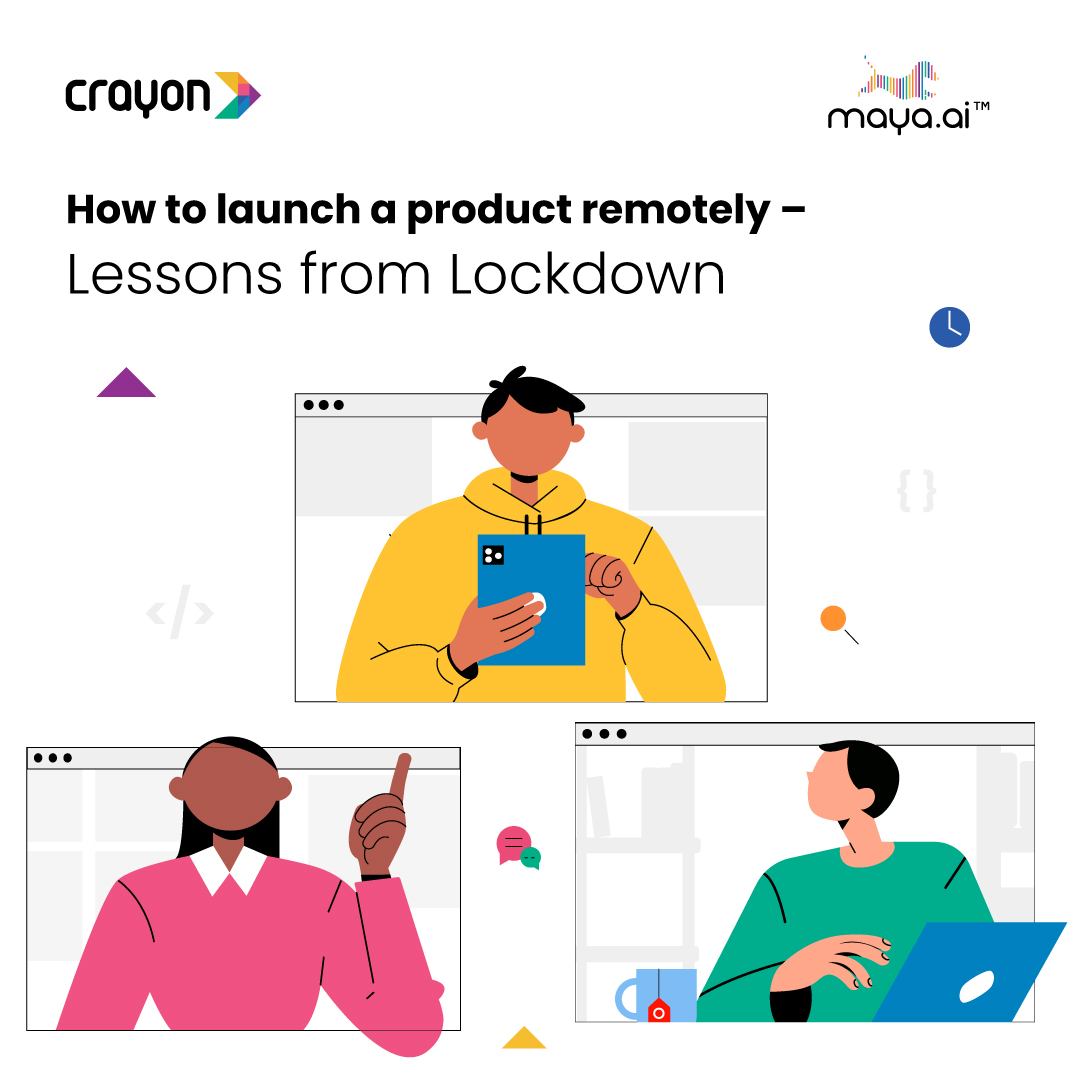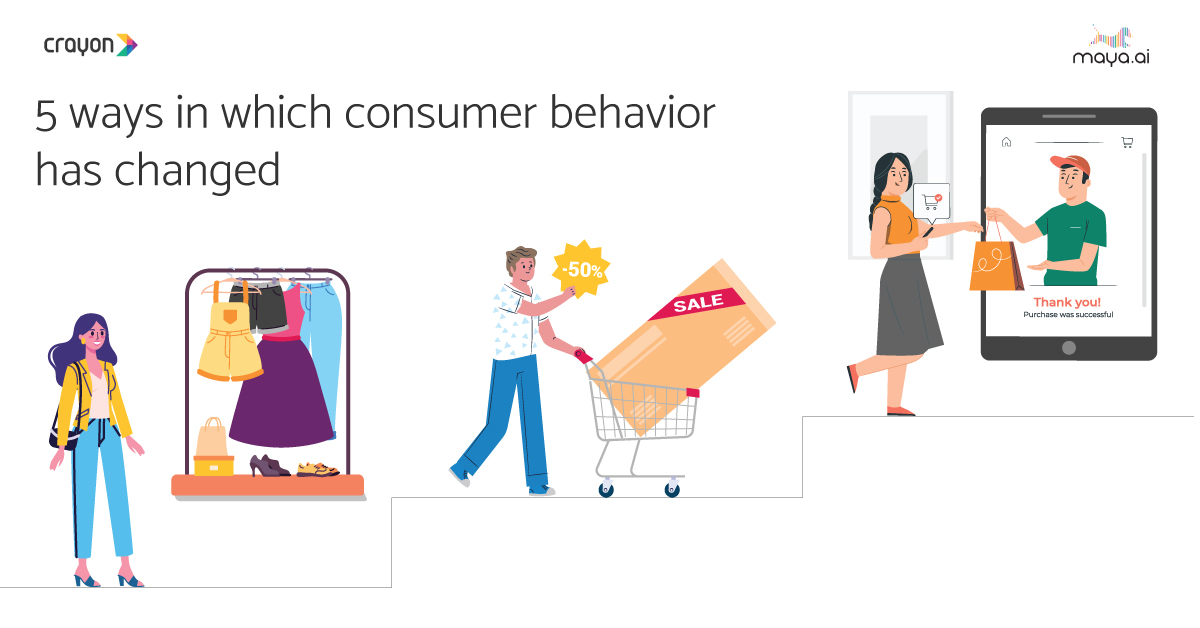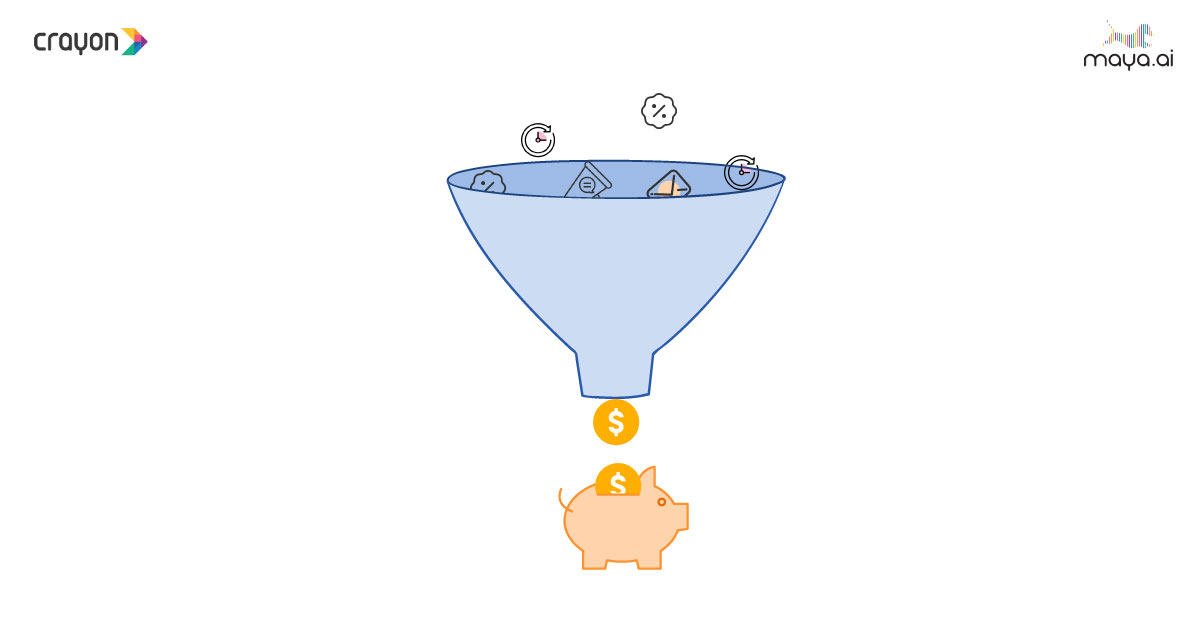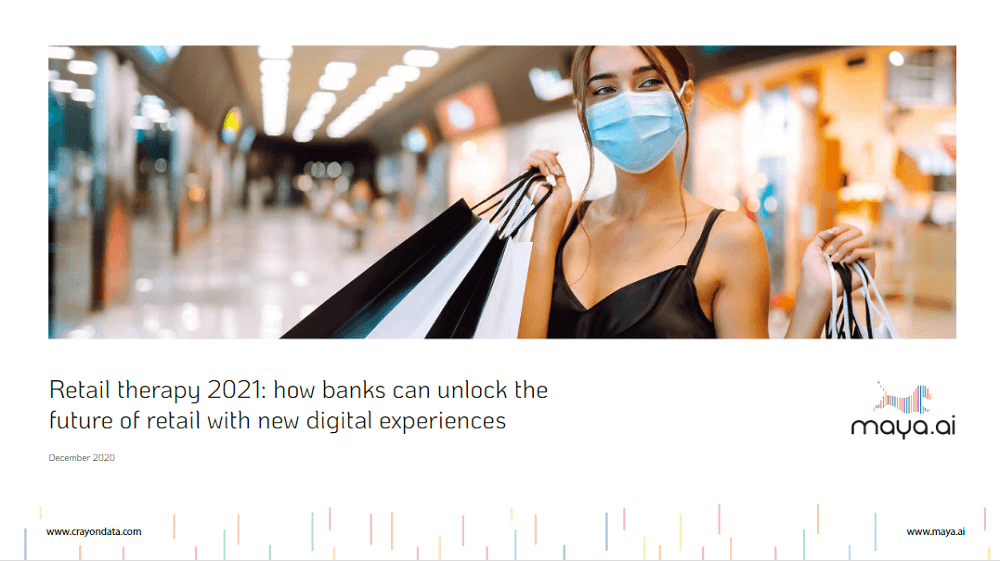Due to the current COVID-19 crisis, many businesses are facing unprecedented challenges. In this difficult climate, then, the last thing any business owner wants is for their company to fall victim to an online attack. Data breaches are huge disruptions. And, as highlighted in a recent study, such occurrences can take up to five business days to recover from. That’s a lot of time lost. Coupled with the COVID-19 disruption, it’s potentially disastrous.
The best way to deal with a data privacy issue? Prevent it from happening in the first place. But to do that, you’ll need to know what to look for. Here are a handful of the most important things any business owner should understand about their data protection
Phishing schemes
Ever received an email from someone claiming to know you, when you have no idea who they actually are? There’s a good chance you were the target of a phishing attack.
Hopefully you didn’t click on the message, or anything which was included as an attachment. If you did, you may have been asked to enter sensitive information on a falsified page.
The most common way a phishing attack is carried out is via a spoof email, often claiming your password has or is about to expire. Don’t click it. Instead, go to the account in question and see what the official site says.
Solution: Simple – just don’t open any emails that come from questionable sources. If you do accidentally open one, back out and then delete it. Make sure to avoid clicking on any links.
Password strength
On that note, it’s important to make sure your passwords are actually strong enough to resist an attack. How To Geek provides advice on creating a strong password that’s also memorable. If all else fails, there’s always the option to utilise software like Team Password. This is an encrypted service, which safely collects all the passwords you use across different accounts.
The stronger your password, the higher the likelihood they’ll be able to repel an attempted attack. Also be sure to regularly update them. Keeping your passwords fresh means large breaches of data are less likely to have an impact on your business.
Solution: Regular password updates, and following the advice of How To Geek. You can never be completely sure your passwords are safe, but constantly monitoring them is the best way to try.
Remote working
Due to the COVID-19 lockdowns, it’s likely that a substantial proportion (if not all) of your workforce will now be working from home for extended periods. While it’s great you trust your workers enough to operate from the comfort of their own houses (or wherever they see fit), you still need to enforce strict regulations when it comes to data protection.
Employees could potentially access unsafe networks (even if it’s by mistake). In order to stop this from happening, you’ll have to either block those websites from being accessed, or introduce a data protection clause in your employee’s contracts.
Solution: Make sure your employees are aware of what sites they should or shouldn’t be visiting. Make this a part of their contract if you have to.
Outdated software
Are all of the systems on your computer completely up to date? Having outdated software makes it far more likely for your business to experience a data breach.
In some instances, updates may be used with the outright intention of patching up a system’s flaws. Hackers are, unfortunately, a smart breed. They discover new ways to target systems on a near-daily basis. As such, keeping everything as up-to-date as possible is very important in the fight against cybercriminals. It might seem like a nuisance when the little icon pops up, but it’s well worth your time.
Solution: Update your systems every time you’re prompted to.
Running a business is hard enough at the best of times, and it’s particularly challenging in the current climate. But when your data becomes accessible to people you’d rather keep it away from, things get that little bit tougher.
Be sure to take on board what we’ve discussed here, and be sure to keep data privacy at the forefront of your mind when approaching the management of your company.

























